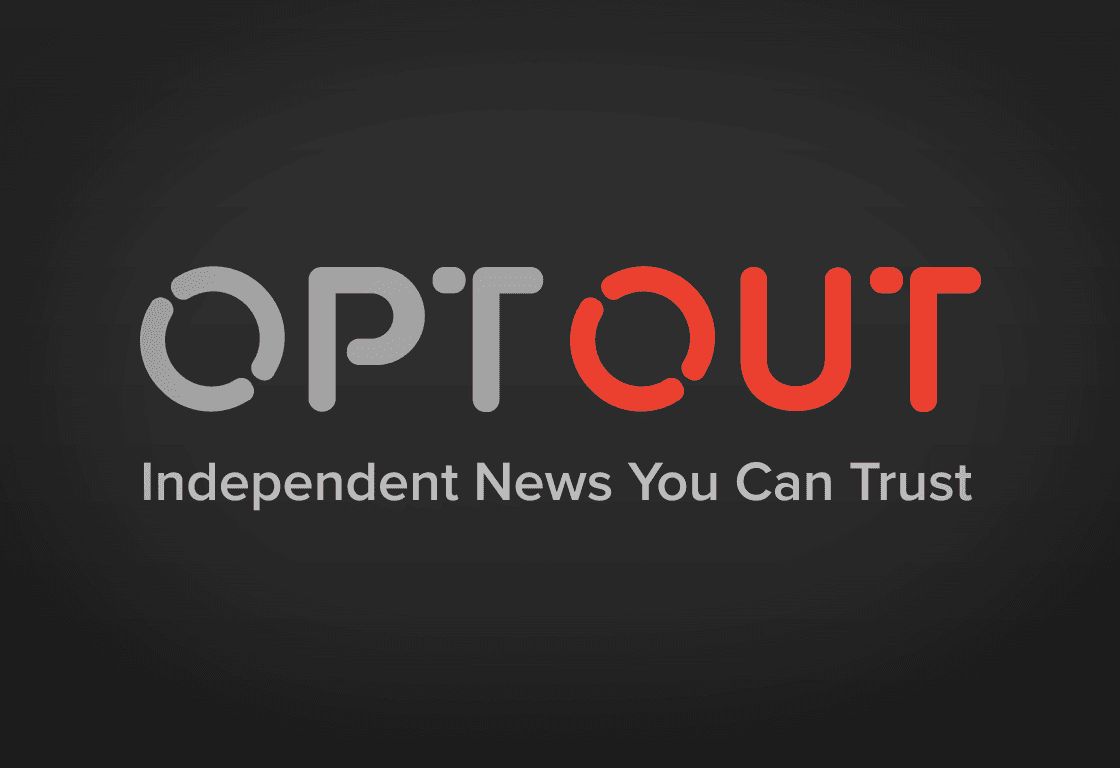It began earlier this month with Columbia University. Twelve days ago, the school's president, Minouche Shafik, testified before the GOP-led Congress about antisemitism on campus. That very day, hundreds of students at her school began an occupation protest against Israel's war in Gaza, demanding that Columbia divest from Israel-tied companies. Shafik called the police the following day, leading to dozens of arrests.
Want to keep the OptOut newsletters and app free?
WE ARE A NONPROFIT AND RELY ON YOUR SUPPORT TO CONTINUE OUR WORK!
DONATE HERE!Now, occupation protests by students have cropped up at universities across America in solidarity, calling on their institutions to divest from Israel. Predictably, these largely peaceful demonstrations have been met with a crackdown–physical force from law enforcement and promises of punitive, including legal, action from schools. Justifying these actions have been editorials in legacy media outlets like The New York Times, criticizing the students' tactics, ideology, and behavior–making note of instances of antisemitism, calls for violence, and support for Hamas among some of the protesters.
The fraught discourse serves as a good reminder that it is easy to be on the right side of history when the battles have already been fought and won. Few Americans alive today would admit to having opposed civil rights or supported the Vietnam War or apartheid South Africa. But it is far more valuable to recognize pivotal moments as they happen and to take the moral stance when it is not easy; to stand in solidarity when doing so presents a risk to you professionally.
Progress is historically a difficult process. Change has always been met with pushback. The question we have to ask ourselves is, "How do we want our children's children to remember us?"
The real issue in this college protest discourse today is the fact that the U.S. is providing military weapons and support to Israel without condition as the nation engages in a campaign of extreme violence in Gaza that is now spreading to neighboring countries. Israel faces ongoing legal proceedings before the International Court of Justice after South Africa brought a genocide case against it over its actions in Gaza. Earlier this month, Sen. Elizabeth Warren (D-MA) suggested the world court would have ample evidence to support the claim. Meanwhile, Israeli Prime Minister Netanyahu and other Israeli officials are reportedly concerned that the International Criminal Court is preparing to issue arrest warrants for them over war crimes.
For many years now, Israel has systematically oppressed the Palestinian people with U.S. backing. Human rights groups like Amnesty International have called it an apartheid state. Yet, America's political leaders have to this point, been happy to turn a blind eye to the abuses in the name of shared goals and values, religious dogma, and political expediency.
But Israel's new war in Gaza, which began in earnest following the deadly October 7 Hamas terror attack, has made it impossible to ignore the realities on the ground. The violent rhetoric from Israeli leaders and the sheer devastation wrought by its relentless military onslaught, which have included the mass slaughter of children and destruction of universities, hospitals, schools, and residential buildings, have eroded the American public's support for the war and challenged the notion of shared values–at least those values the U.S. likes to project to the rest of the world.
Our nation's youth has always been more moral than its leaders. Young people–especially college students–have consistently played a key role in eroding antiquated and unjust systems of power, carving a path for a better future. This remains true to this day.
Student protests are not meant to be perfect. Growing is inherently part of being in school. Colleges and universities are meant to provide safe environments for young people to learn, to express themselves, try things and fail, and come into their own. That includes standing up for what they believe in–even doing so overzealously or at times in misguided ways.
It is the social justice function of institutions of higher learning that makes them so important–and it is what makes them consistent targets of entrenched power and the political Right. It is our job as observers to remain vigilant; to not get suckered into the trap of focusing more on the means by which injustice is fought or on the individuals fighting it than on the injustice itself.
For more on the student protests:
In Other News
Last week, the Federal Trade Commission issued a final rule banning most noncompete clauses, which will take effect in August at the earliest. THE AMERICAN PROSPECT had the story.
Workers at a Volkswagen plant in Chattanooga, TN, have voted to unionize in a major win for the United Autoworkers Union. THE NEW REPUBLIC examined the implications of the victory.
The U.S. Forest Service has banned prarie dog hunting in South Dakota. More on that story from SOUTH DAKOTA SEARCHLIGHT.
State officials in Rhode Island are looking to repurpose federal aid allocated for the state's COVID-19 response for domestic projects even though the SARS-CoV-2 virus continues to circulate and other concerning pathogens have emerged like the H5N1 avian flu. RHODE ISLAND CURRENT reported.
The OptOut Media Foundation (EIN: 85-2348079) is a nonprofit charity with a mission to educate the public about current events and help sustain a diverse media ecosystem by promoting and assisting independent news outlets and, in doing so, advance democracy and social justice.
Download the app for Apple and Android.
Sign up for OptOut's free newsletters.
Learn more about OptOut.
Merch
Follow us on Twitter, Instagram, TikTok, YouTube, Mastodon, and Facebook.













